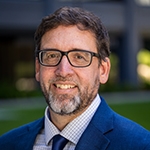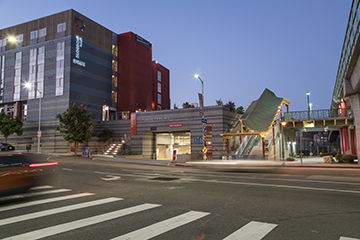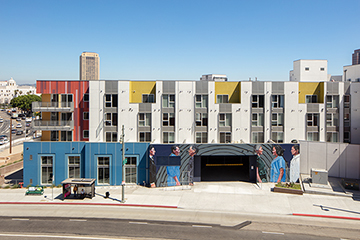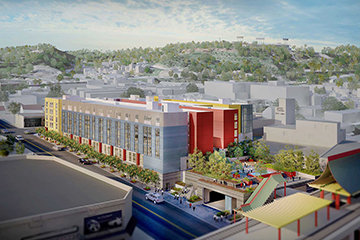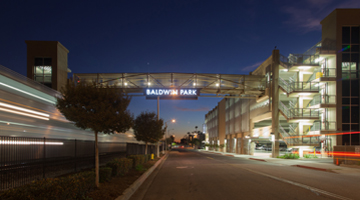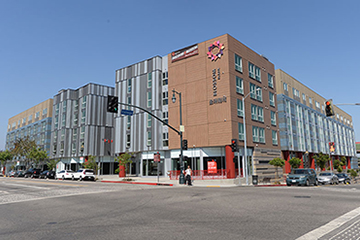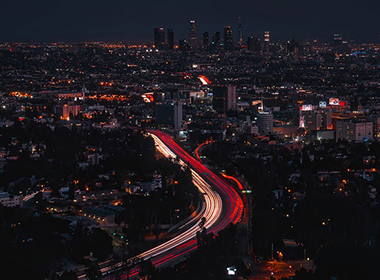
Believing that the City approval process is corrupt, that it is gentrifying areas like Westlake and MacArthur Park and that not enough is being done to mitigate traffic, proponents of Measure S have brought to light just how disenfranchised Angelenos are with development. Their desire to be heard likely brought about the first sign of change - a plan by Councilman Jose Huizar for updating the city's 35 neighborhood planning documents - a central issue in the Measure S debate. However, these residents are looking for a great deal more transparency and public involvement in the process. The Measure would require key planning hearings be held in the community at night and on the weekends, as well as independent environmental impact reports.
While untangling the Los Angeles bureaucracy and embracing a more robust community involvement process is long overdue and Measure S may spur this change, the cost will be high because it will place a moratorium on development. According to the New York Times, when zoning laws get out of hand they exacerbate inequality by restricting the housing supply in places where demand is greatest. In addition to current residents, the City is predicted to grow by 500,000 or the equivalent of the population of Long Beach in the next 20 years. Looking at the economics in a City where housing supply is already critical low, the measure would instead drive housing prices higher by further limiting supply through its moratorium on development which will affect 90% of all planned housing projects and include the homeless projects associated with the $1.2-billion HHH bond measure approved by 77% of voters last November.
While we support more robust community involvement process, we believe the cost of Measure S is too high and urge you to vote no.

